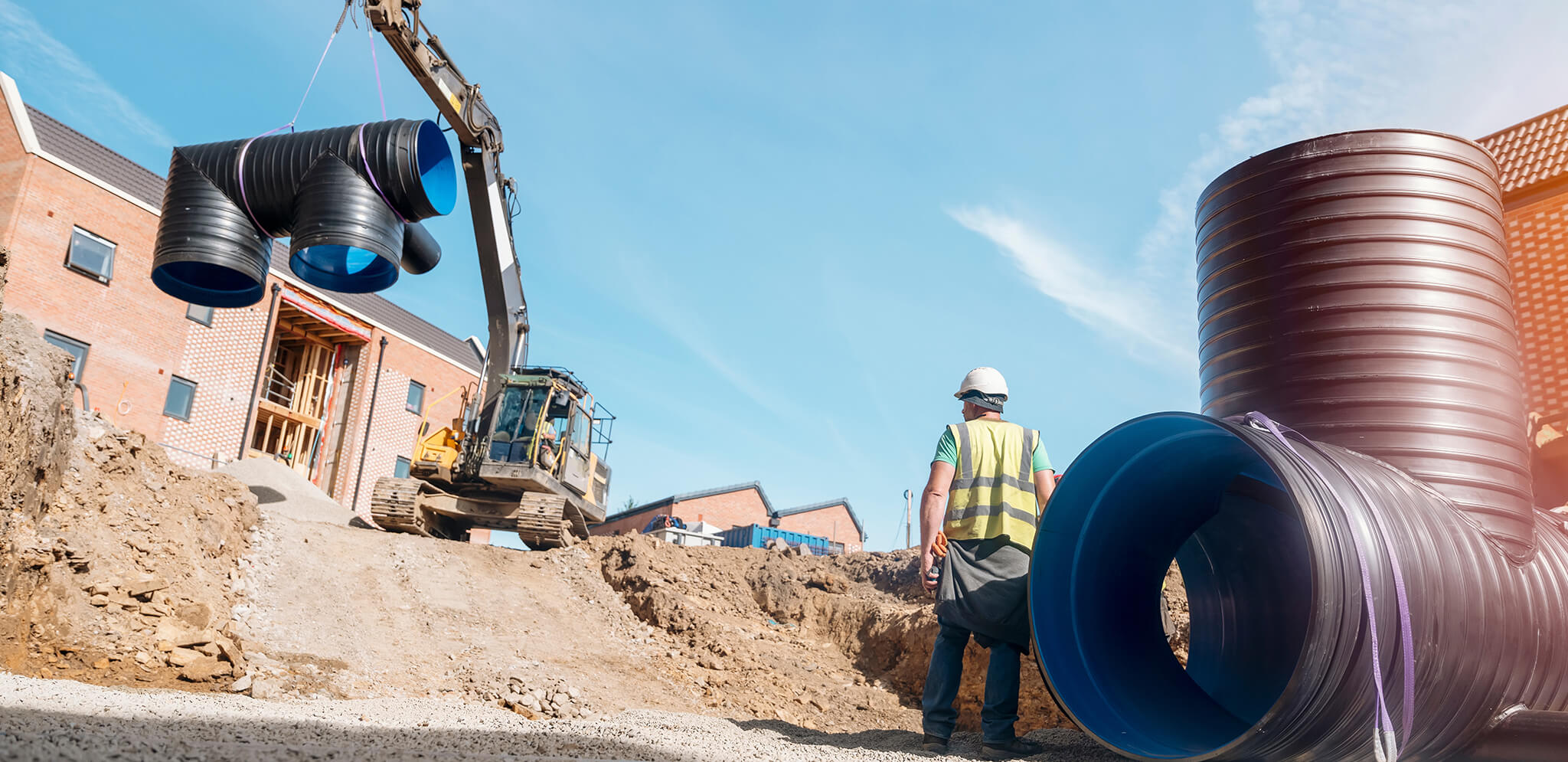It certainly isn’t a question you ask yourself daily, but when a job pops up and you need to know what tool will work best, it is good to know whether aluminum or cast iron wrenches are better in each case scenario.
Benefits of Aluminum
Aluminum wrenches are lightweight, durable, and resistant to rust and corrosion. They are also non-magnetic, making them ideal for electronic equipment where magnetic interference could be problematic. Additionally, aluminum wrenches are less likely to damage softer materials, such as brass or copper fittings.
Benefits of Cast Iron Wrenches
Cast iron wrenches are known for their strength and durability. They can withstand high torque levels and are less likely to flex or distort under pressure than aluminum wrenches. Cast iron wrenches are also resistant to wear and tear, making them a good choice for heavy-duty applications. However, they are heavier than aluminum wrenches and can be prone to rust and corrosion if improperly maintained.
So Which One is THE One?
- Aluminum wrenches are typically used when weight is a concern, or the material being worked on is softer and more susceptible to damage from a more rigid wrench.
- Aluminum wrenches are also a good choice when working with electronics or when magnetic interference is a concern.
- Cast iron wrenches, on the other hand, are better suited for heavy-duty applications where high torque levels are required, and durability is a priority.
- Cast iron is a good choice for working with stubborn or rusted fasteners that require extra force to loosen or tighten.
- Cast iron wrenches are less likely to flex or distort under pressure than aluminum wrenches, making them a good choice for situations where a lot of force is needed.
- They are also durable and resistant to wear and tear, making them a good choice for long-term use.
When you need the right tool for the job and aren’t quite sure where to start, you can always start with Schulte Supply.

